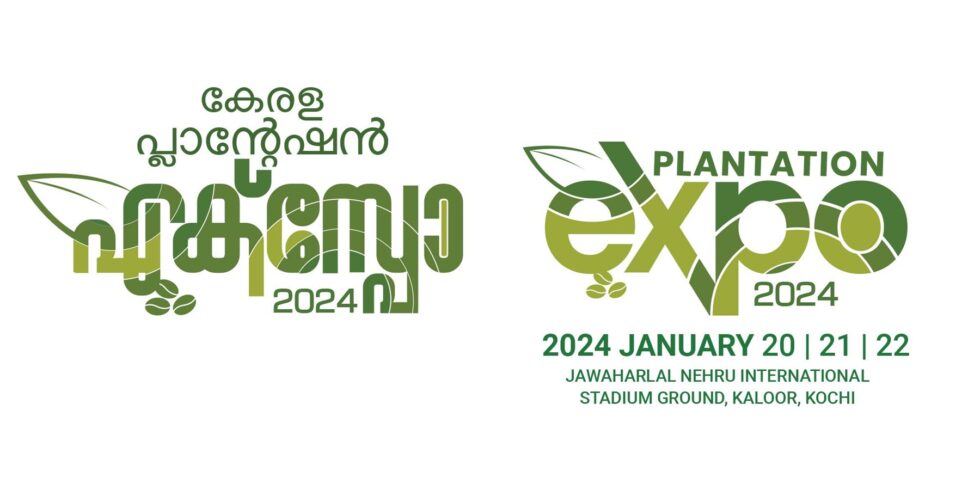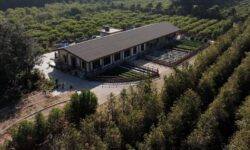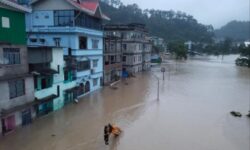
THIRUVANANTHAPURAM:
Seeking to keep urban landscapes across Kerala clean and hygienic, the World Bank-aided Kerala Solid Waste Management Project of the Local Self Government Department (LSGD) has come up with an ambitious project to retrieve legacy waste dump sites in 20 towns across Kerala and transform them into public utility spaces.
The towns selected for implementation of the Dumpsite Remediation Project in the first phase are Kottarakkara, Kayamkulam, Koothattukulam, Kothamangalam, Muvattupuzha, North Paravur, Kalamassery, Vatakara, Kalpetta, Iritty, Koothuparamba and Kasaragod. The second phase will see the project executed in Mavelikara, Kottayam, Chalakkudi, Kunnamkulam, Vadakkancheri, Palakkad, Malappuram and Manjeri.
The total outlay of the Biomining and Bioremediation of these 20 legacy waste dumpsites is Rs. 100 crores. Legacy waste dump sites in these towns will become redundant with the installation of scientific waste management infrastructure as part of the Malinya Muktham Nava Keralam campaign.
As many as 60 acres of land is expected to be retrieved in the two phases of the project, which could be used for economically and environmentally viable purposes like creating most modern Material Collection Facilities (MCFs), Resource Recovery Facilities (RRFs), Bio-parks or any other amenities that could be useful for the Urban Local Bodies (ULBs).
Together, the dump sites in these 20 towns have an approximate pile-up of 4.30 Lakh metric tons of garbage. In most places, the dumpsites are located right in the heart of the towns. To start with, the garbage heaps would be bio-mined scientifically by using machines and then separated into organic and inorganic material on the spot. The organic material will be turned into manure and the inorganic material handed over to the agencies concerned for recycling and other processes.
“This is a transformational project that will turn our entire urban landscape far more clean, healthy, hospitable and economically sustainable”, said Minister for Local Self Governments M B Rajesh.
“The process will follow all Central Pollution Control Board (CPCB) guidelines for bio-mining and also strictly adhere to World Bank Environment and Social safeguards, thus ensuring that the local community is not inconvenienced in any manner”, he added.
“In many towns, permanent legacy waste dumpsites have developed right in their midst after people kept throwing waste indiscriminately. It is high time that we brought an end to this practice and turn these sites into economically and environmentally viable spaces for public good,” the Minister noted.
The spaces regained can be used for developing modern infrastructure for solid waste management or recreational parks, Rajesh observed.
“This project comes as part of our initiatives for creating innovative and sustainable models of waste management across Kerala, and this particular activity will result in the retrieval of more than 60 acres of land in the heart of the towns”, said Dr Divya S Iyer, Project Director, Kerala Solid WasteManagement Project (KSWMP).
It is important to free urban landscapes of legacy waste dumpsites located right in their midst by strengthening door-step segregation and collection of waste and their subsequent transportation to designated sites for final processing, she added.
The Erumakkuzhi dumpsite in Thiruvananthapuram city and the Kureepuzha dumpsite in Kollam Corporation are examples of how legacy waste dumpsites could be retrieved and utilized for public good, Dr Divya added.




